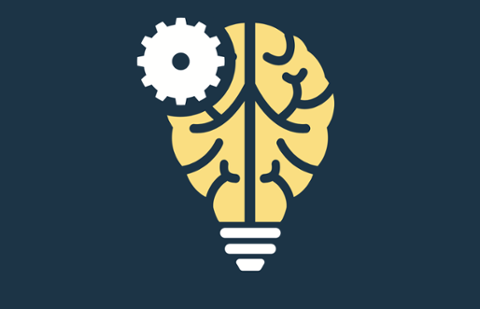Facebook Will Ramp Up A.I. Research, Labs
Facebook is ramping up its A.I.-related research, according to Yann LeCun, the company’s chief A.I. scientist. “AI has become so central to the operations of companies like ours, that what our leadership has been telling us is: ‘Go faster. You’re not going fast enough,’” LeCun said, according to The Washington Post. Facebook’s A.I. research division (known as FAIR) is four years old, and the need for it has never been greater. Rivals such as Google are infusing machine learning and A.I. into apps and hardware, trying to build an insurmountable competitive advantage. Facebook’s sprawling size (over two billion registered users, according to reports) means it increasingly needs A.I. to effectively monitor, scale, and secure its infrastructure. As part of this expansion, Facebook plans on opening a new A.I. lab in Pittsburgh, which hosts a number of tech firms, including one of Uber’s autonomous-driving outposts. This Pittsburgh lab, headed by Jessica Hodgins, will center on robotics. “Jessica’s research focuses on computer graphics, animation, and robotics with an emphasis on generating and analyzing human motion,” Facebook wrote in a statement on its official blog. Facebook will also expand its research efforts in Seattle, London, and Menlo Park. Pairing with academic institutions and researchers is a core feature. “This model allows people within FAIR to continue teaching classes and advising graduate students and postdoctoral researchers, while publishing papers regularly,” the blog added. “This co-employment appointment concept is similar to how many professors in medicine, law, and business operate.” Although Facebook hasn’t yet introduced a “smart” speaker (despite rumors of one in production), it has released products that leverage advancements in machine learning and A.I. A few years ago, it pushed simple, automated bots as a solution to companies’ customer-service needs; in theory, these software automatons would be able to field human beings’ natural language queries and provide answers. While it was a great idea on paper, post-release studies found the bots did a relatively mediocre job, and even Facebook Messenger head David Marcus admitted during a conference that the technology was overhyped. But Facebook will surely try again. If it can create an A.I. platform more capable of seamlessly interacting with humans, it could sell that to businesses as the world’s best customer-service tool. Provided, of course, that Google doesn’t get to that point first.


